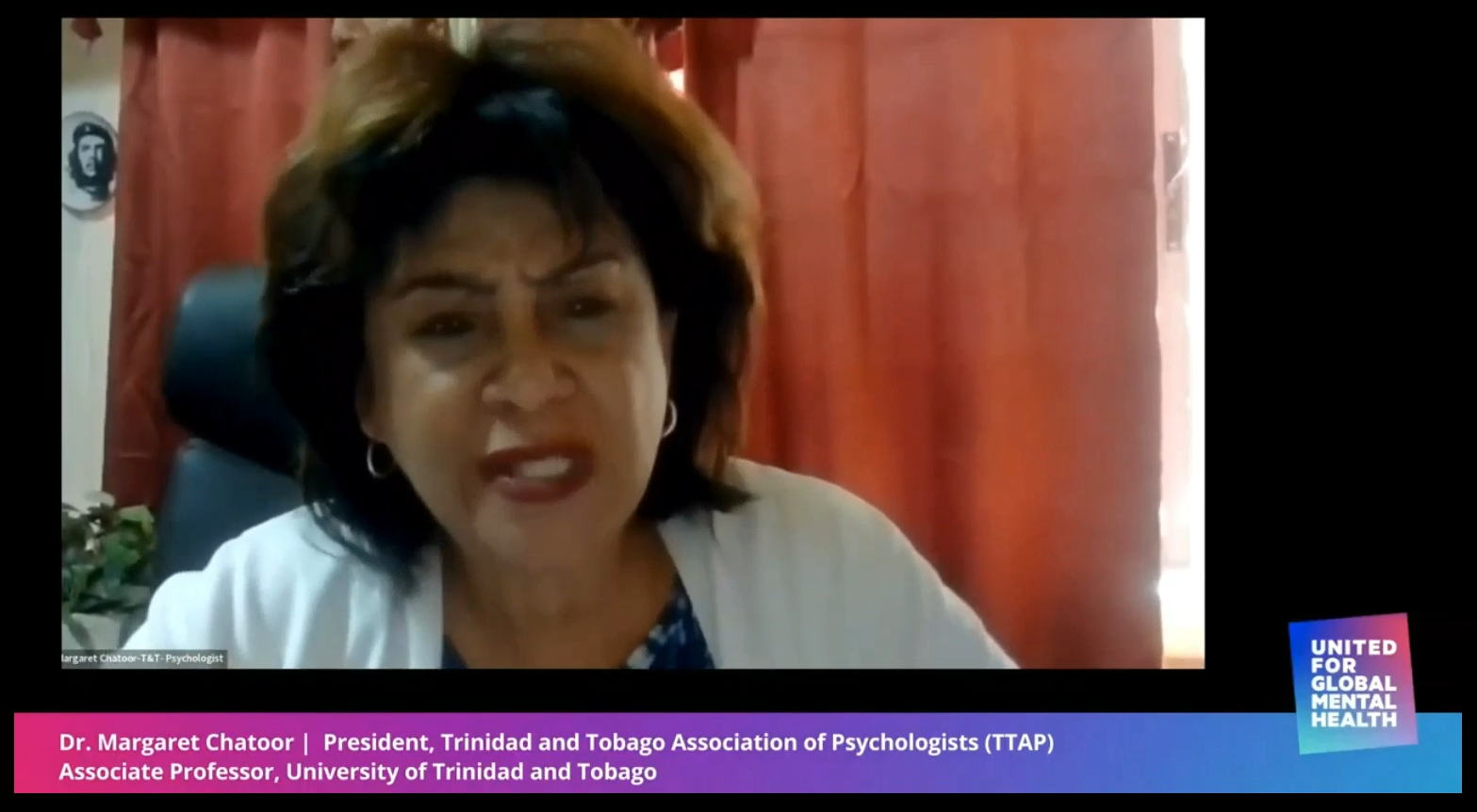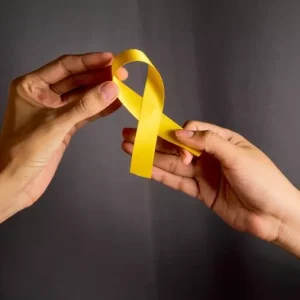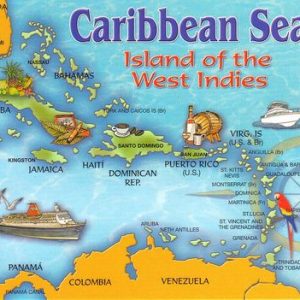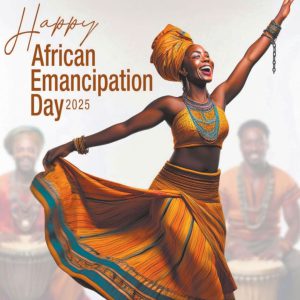Suicide is the second leading cause of death amongst Caribbean youth between the ages of 15 and 25. In 2017, almost one in seven adolescent students in Trinidad and Tobago had attempted suicide. In the rest of the population, the rate of suicide attempts in the Caribbean has been steadily increasing. Survivors of suicide and self-harm require support and mental health services.
However, the criminalisation of attempted suicide prevents individuals who are at risk from accessing the support they may need and increases stigma. Guyana, which has one of the highest suicide rates in the world, recently decriminalised suicide. This signals that the same can be achieved in the remaining Caribbean nations where suicide is a crime, Trinidad and Tobago, St. Lucia, The Bahamas, and Grenada.
Decriminalising Suicide in the Caribbean
In May 2024, civil society organizations and mental health advocates from across the Caribbean region convened for a transformative 3-day workshop centered on the urgent need for decriminalising suicide. The participants, comprising of passionate advocates, CSOs, and policy makers illuminated essential pathways towards legislative reform and galvanised collective action towards suicide decriminalisation.
Young advocates like Chelsea Jordan from Let’s Unpack It, who joined during her week of exams, shared a room with experienced mental health professionals like Dr Margaret Chatoor and Dr Wendy Jeremie, past presidents of the Trinidad & Tobago Association of Psychologists to map the way forward.
As Dr Jeremie said during the workshop, “it is now time for action”. Significant global declarations have called for the decriminalisation of suicide, including the Small Island Developing States Bridgetown Declaration on NCDs and Mental Health in 2023. As we mark the fourth International Conference on Small Island Developing States, this is the perfect time to reinforce those commitments and advocate for the decriminalisation of suicide across the entire Caribbean.
Influencing policy change in the Caribbean
Guyana’s Honourable Minister of Health, Dr. Frank Anthony emphasised the growing appetite for change among policymakers throughout the Caribbean. His message underscored that our collective efforts to educate policymakers on the significance of decriminalising suicide, can catalyse meaningful change on a regional scale.
Sheryl Dennis, PAHO’s consultant on health law and policy, illuminated the diverse entry points for effecting legal change. Her guidance highlighted that with a well-crafted strategy, understanding of the entry points and collaborative execution, the process of reform can be swift and impactful. This acknowledgment instilled hope and determination among participants, reaffirming that change is not only necessary but also within reach.
Collective effort towards achieving rights based legislation
The workshop attendees affirmed their commitment to driving progress. Bertrand Moses of UNICEF Eastern Caribbean succinctly captured the collective sentiment by declaring, “We are the movement we want to see.” This desire for change propelled the group towards a significant milestone: the development of a regional coalition dedicated to decriminalising suicide.
The coalition represents a diverse array of stakeholders, including civil society, persons with lived experience, health professionals, UN organisations, policy makers and INGOs committed to driving change at both the local and regional levels.
This coalition represents a crucial united front for advocacy and will work towards the decriminalisation of suicide while calling for effective implementation and roll-out of suicide prevention strategies to replace criminalisation.
Foremost among the coalition’s priorities will be launching a regional advocacy strategy on the decriminalisation of suicide. Members of the coalition will also work on national advocacy strategies for each of Trinidad & Tobago, Bahamas, Grenada and St Lucia in the coming months.
The Caribbean’s call to action
Caribbean countries need to decriminalise suicide, not only to align with international human rights standards but to recognise that suicide is a public health issue and not a crime, so that those in acute crises can get the support they need without stigma or fear of repercussions.
If you have an interest in contributing to the activities of the coalition, you can become a part of this pivotal change by contacting [email protected].
Author:
Desarie Nicholas, LMSW
Founder | CariCope Wellness Alliance
www.caricopewellness.org
Credit – Global Mental Health Action Network, (gmhan.org)
See the original article here.





